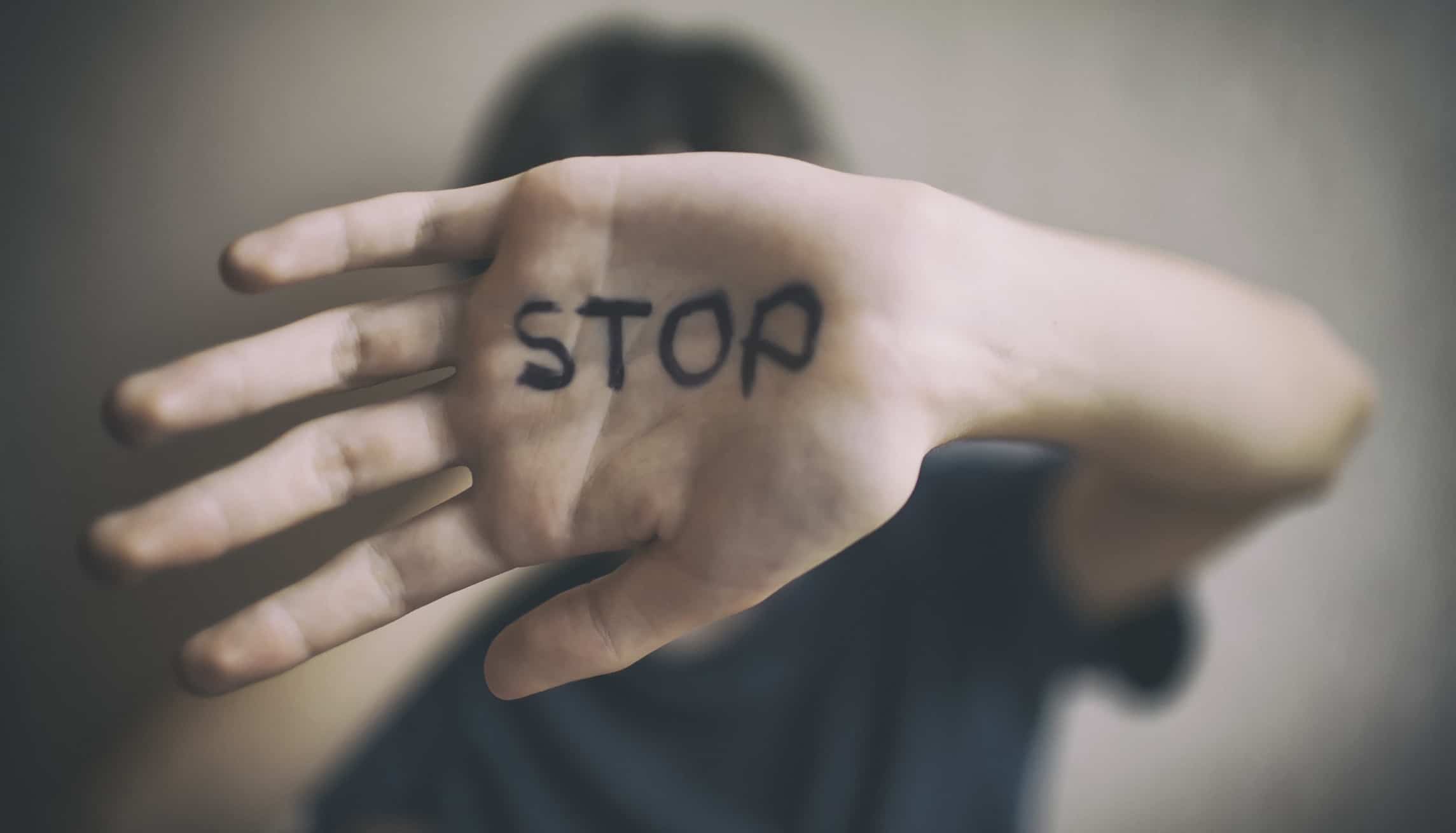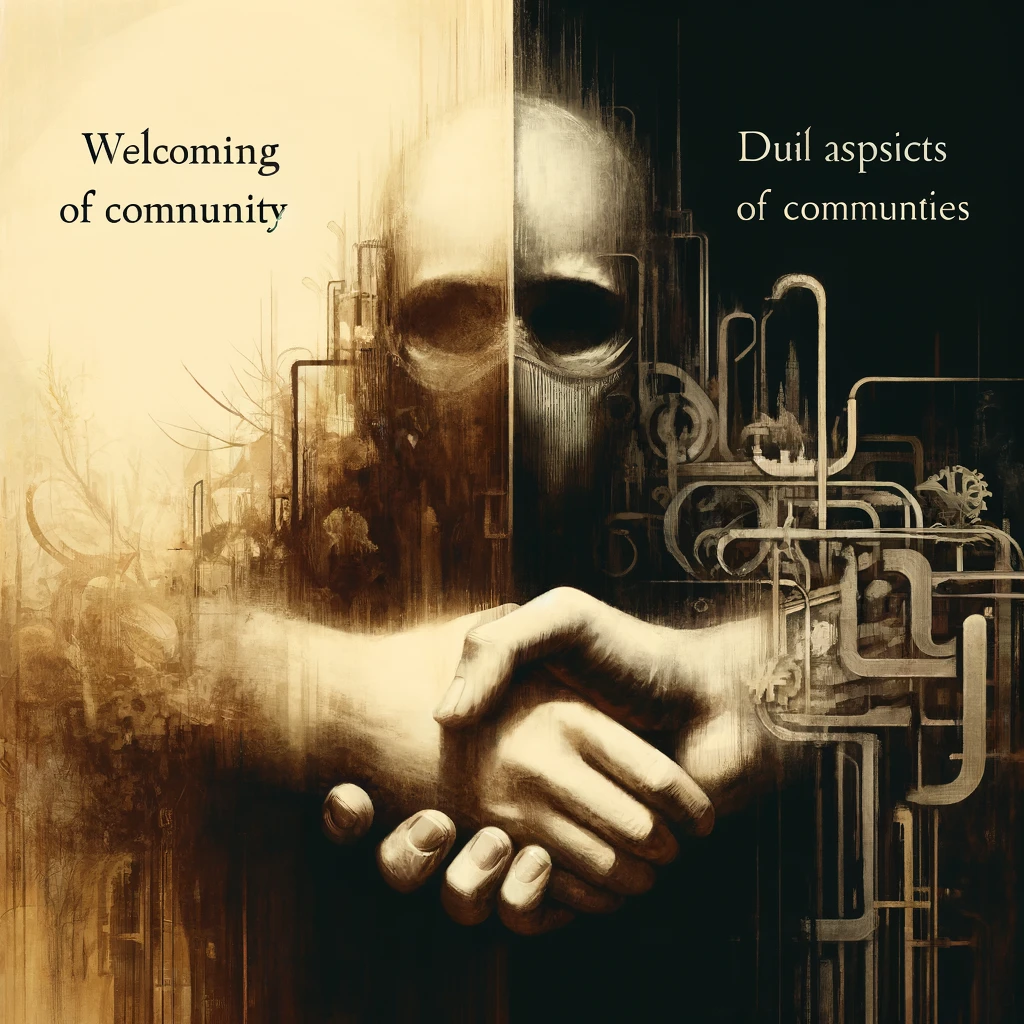Your cart is currently empty!

Relationship abuse occurs across a broad spectrum of the population
“Hey, over there, that man is pulling that lady by her hair across the avenue.”
“Watch out, pastor, those mean guys by the broken window are beating up those women with glass and blood flying everywhere. Someone, please call the police!”.
Abuse like this is becoming commonplace, and unfortunately, increasingly frequent in today’s society. There is never, ever an excuse for abuse. Anger, jealousy, alcohol, and drugs are not acceptable licenses to harm other people. In most instances, minor issues can escalate into more significant problems.
Since 1987, October has been Domestic Violence Awareness Month. A month to connect and unite individuals and organizations around this global problem.
Relationship abuse occurs across a broad spectrum of the population. Victims and abusers can be male or female or someone with gender identity, white or black or even yellow, be tall as seven feet or five feet or smaller. Harm occurs when someone uses behaviors to control and manipulate another person.
Perpetrators of emotional abuse are dominating and exert undue power over other individuals. In doing so, some resort to name-calling, humiliation, and threats. People can also be abused sexually in relationships. Husbands can sexually abuse a married woman. An example can be a wife who has consented to sex in the past, even when she does not want to have sexual intercourse and forces it upon her.
Victims of abusive relationships are subject to the dominance of their abuser, who want to be in total charge of their relationship. They tend to humiliate their partners to reduce their self-worth and exert power. Another way they use their passion is to isolate their victims from friends and family.
Some people become more vulnerable if they don’t have any support systems around them. Also, abusers tend to scare their victims with threats and an array of intimidation tactics. When the wrongdoer blames the victims, the abused may feel that they are lower than low and worthless.
Many of us wonder why victims of abuse don’t leave their current relationships. One reason may be that the victim is in severe danger if they go into the relationship.
An offender could seriously hurt their partner or family member, including their children. Another reason that victims stay in their horrible situation is due to financial reasons or obligations to their partner. Victims may not be able to support themselves and their children without money from the abuser.
If you know someone in an abusive relationship, listen to their reasons for staying in their predicament. Understanding these rationalities can make one a better resource for this person.
According to New Hope, Inc., located around the country, there are warning signs of Abusive Relationships.
One can call New Hope at 800 323 HOPE between 9 am and 4 pm Monday thru Friday, or visit their website for more information.
Signs of an Abusive Relationship:
Normal 0 false false false EN-US X-NONE X-NONE
- EXTREME JEALOUSY
- CONTROLLING BEHAVIOR
- QUICK INVOLVEMENT
- UNREALISTIC EXPECTATIONS
- ISOLATION
- BLAMES OTHERS
- HYPERSENSITIVITY
- CRUELTY TO CHILDREN AND OR ANIMALS
- DR JEKYLL AND MR HYDE BEHAVIOR
- PAST HISTORY OF AGGRESSION
- “PLAYFUL” USE OF FORCE OF SEX
- VERBAL ABUSE
- USE OF VIOLENCE OR THREAT OF VIOLENCE
- FEELINGS OF ISOLATION
- EMBARRASSMENT
- DEPRESSION
- ANXIETY
- FEELINGS
- ADDICTIONS
- INJURIES
- FINANCIAL PROBLEMS
WebMD stated that people targeted by these controllers and have any connections with them could have dire consequences. They often live with many residual problems that can last for years or the rest of their lives. As a result, they can develop some of the following:
Talk to friends and family members about the signs of abuse. Reach out to someone who we believe might be abused by his partner. Assist domestic violence shelters or volunteer at a domestic violence shelter or hotline. If we’re being beaten and want to help others, there are several options to consider.
If you know about someone in an abusive relationship or dealing with domestic violence anywhere else, please provide them with education, hope, and this hotline.
1-800 799 SAFE (7233).
See you in the news blogs.





Leave a Reply